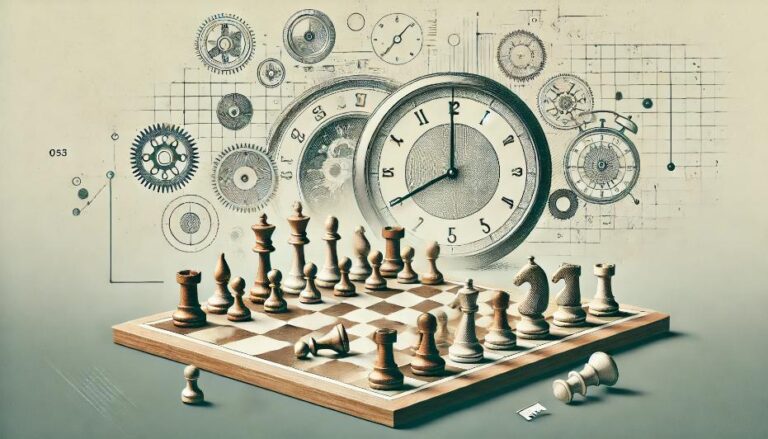Introduction
Chess is a highly strategic and mentally challenging game that requires players to constantly make decisions throughout a match. Whether you are a beginner or a seasoned professional, decision-making is a crucial aspect of playing chess. However, as with any mentally demanding activity, decision fatigue can hinder a player´s ability to make optimal moves and ultimately affect the outcome of the game. In this article, we will explore what decision fatigue is, how it impacts chess players, and ways to combat it.
What is Decision Fatigue?
Decision fatigue refers to the phenomenon where the quality of decision-making deteriorates after a prolonged period of decision-making or when facing too many choices. It is a mental state where the brain becomes overloaded and exhausted due to the constant need to make decisions. As a result, decision-making becomes impulsive, careless, and prone to errors. In chess, decision fatigue can occur when a player is faced with many possible moves and is unable to maintain the same level of focus and critical thinking.
How Does Decision Fatigue Affect Chess Players?
When playing chess, players are required to analyze multiple moves ahead, consider various strategies, and anticipate their opponent´s next move. This constant mental activity can quickly drain a player´s mental energy, leading to decision fatigue. As a player becomes mentally exhausted, their ability to think critically and strategize decreases, and their moves may become more impulsive and less calculated.
Ways to Combat Decision Fatigue in Chess
1. Take breaks:
One of the most effective ways to combat decision fatigue in chess is to take regular breaks. Stepping away from the game for a few minutes can help clear the mind and give the brain a much-needed rest. It is recommended to take a short break after every few moves or when you feel mentally exhausted.
When faced with a lot of possible moves, it can be overwhelming and lead to decision fatigue. To combat this, try to narrow down your options and prioritize the most critical moves. This will help reduce the mental load and allow you to focus on a few strategic moves rather than trying to analyze every possible option.
Mindfulness techniques, such as deep breathing and visualization, can help relax the mind and reduce decision fatigue. Taking a few deep breaths or visualizing a calm and peaceful place can help clear the mind and improve focus.
A healthy lifestyle is essential for maintaining mental energy and reducing decision fatigue. Getting enough sleep, eating a balanced diet, and staying hydrated can all contribute to a sharp and focused mind while playing chess.
Reflecting on your games can help identify patterns and areas where decision fatigue may have affected your moves. By recognizing these patterns, you can work on strategies to overcome decision fatigue in future games.
Conclusion
Decision fatigue is a well-known phenomenon that can affect chess players of all levels. It can lead to impulsive moves, a decrease in motivation, and ultimately impact the outcome of a game. However, by understanding decision fatigue and implementing techniques to combat it, chess players can maintain optimal mental performance and make strategic moves throughout the game. Taking breaks, prioritizing and narrowing down options, practicing mindfulness, maintaining a healthy lifestyle, and analyzing games are all effective ways to overcome decision fatigue in chess. It is crucial to prioritize mental well-being and take steps to prevent decision fatigue in order to play at your best.

